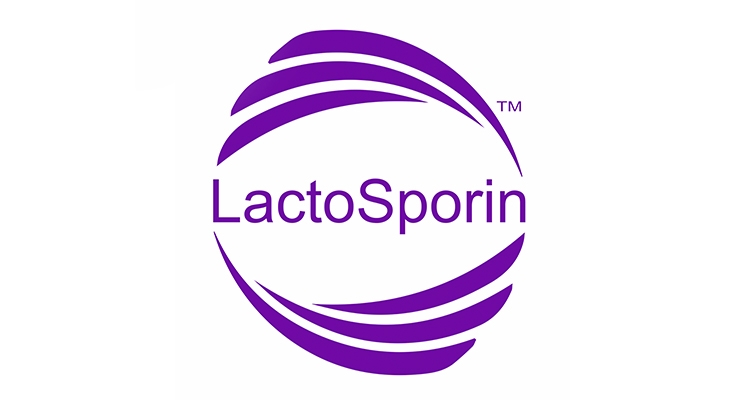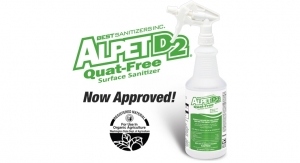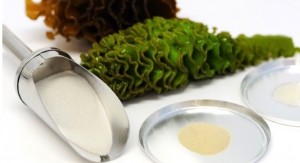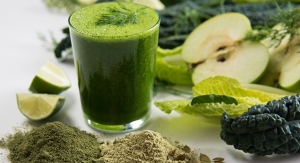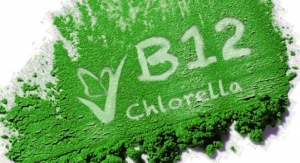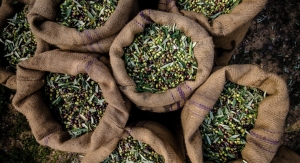03.29.19
Sabinsa has introduced LactoSporin, an ingredient for cosmeceutical products that has antimicrobial, antioxidant, anti-inflammatory, and anti-collagenase properties. According to the company, the ingredient shows protective efficacy against UV radiation, environmental pollutants, and prevents microbial biofilm formation, induces hair growth, and prevents accelerated skin aging.
“The diverse applications of LactoSporin are exciting, and as our research continues, we see even more opportunities ahead,” said Sabinsa Founder Muhammed Majeed.
LactoSporin is a non-living microbial cell product (postbiotic). It is purified from the culture supernatant of the probiotic strain B. coagulans MTCC 5856 (LactoSpore) by a patented process, with the INCI name Bacillus Ferment Filtrate Extract.
Sabinsa’s in vitro studies show LactoSporin highly active against significant skin pathogens such as Staphylococcus aureus, Streptococcus epidermis, acne causing bacterium Propionibacterium acne, as well as against an opportunistic pathogen Pseudomonas aeurginosa.
LactoSporin has excellent antioxidant activity with 50% inhibition of free radical scavenging at 0.43% v/v, the company said. The product has significant anti-inflammatory and dose-dependent anti-collagenase activity, suggesting it can preserve skin firmness and prevent wrinkle formation. LactoSporin protects against UV induced damage to skin cells by preventing DNA damage and cell death. Environmental pollutants damage the skin by inducing oxidative stress and formation of reactive oxygen species. LactoSporin may protect cells from the harmful effect of pollutants by reducing oxidative stress and cellular damage. LactoSporin may additionally induce hair growth by stimulating the dermal papillary cells.
A pale yellow to brown colored liquid that is completely soluble in water, the product is stable in acidic conditions and shows thermal stability at 90°C for 30 minutes. It is non-mutagenic and is not a dermal or ocular irritant.
Sabinsa’s LactoSporin is protected with 12 patents, including in the U.S., Japan, South Korea, Australia, New Zealand, Russia, Europe, Canada, and China. The current patents cover the method of production, purification, antimicrobial activity, prevention of bacterial biofilm formation, skin anti-aging, hair care, and protection against UV radiation.
“The diverse applications of LactoSporin are exciting, and as our research continues, we see even more opportunities ahead,” said Sabinsa Founder Muhammed Majeed.
LactoSporin is a non-living microbial cell product (postbiotic). It is purified from the culture supernatant of the probiotic strain B. coagulans MTCC 5856 (LactoSpore) by a patented process, with the INCI name Bacillus Ferment Filtrate Extract.
Sabinsa’s in vitro studies show LactoSporin highly active against significant skin pathogens such as Staphylococcus aureus, Streptococcus epidermis, acne causing bacterium Propionibacterium acne, as well as against an opportunistic pathogen Pseudomonas aeurginosa.
LactoSporin has excellent antioxidant activity with 50% inhibition of free radical scavenging at 0.43% v/v, the company said. The product has significant anti-inflammatory and dose-dependent anti-collagenase activity, suggesting it can preserve skin firmness and prevent wrinkle formation. LactoSporin protects against UV induced damage to skin cells by preventing DNA damage and cell death. Environmental pollutants damage the skin by inducing oxidative stress and formation of reactive oxygen species. LactoSporin may protect cells from the harmful effect of pollutants by reducing oxidative stress and cellular damage. LactoSporin may additionally induce hair growth by stimulating the dermal papillary cells.
A pale yellow to brown colored liquid that is completely soluble in water, the product is stable in acidic conditions and shows thermal stability at 90°C for 30 minutes. It is non-mutagenic and is not a dermal or ocular irritant.
Sabinsa’s LactoSporin is protected with 12 patents, including in the U.S., Japan, South Korea, Australia, New Zealand, Russia, Europe, Canada, and China. The current patents cover the method of production, purification, antimicrobial activity, prevention of bacterial biofilm formation, skin anti-aging, hair care, and protection against UV radiation.

